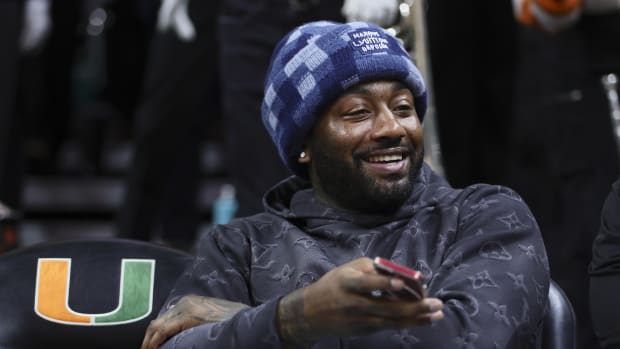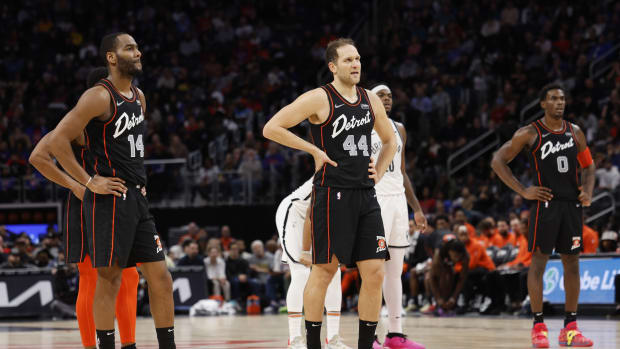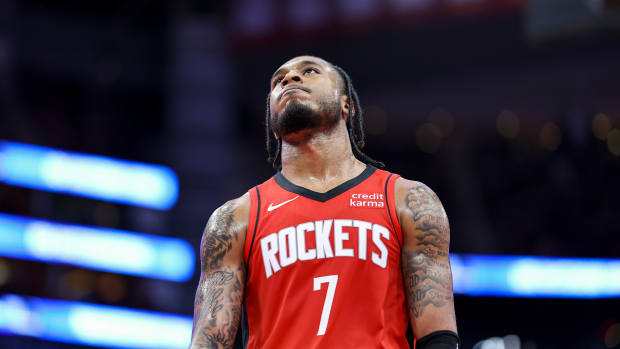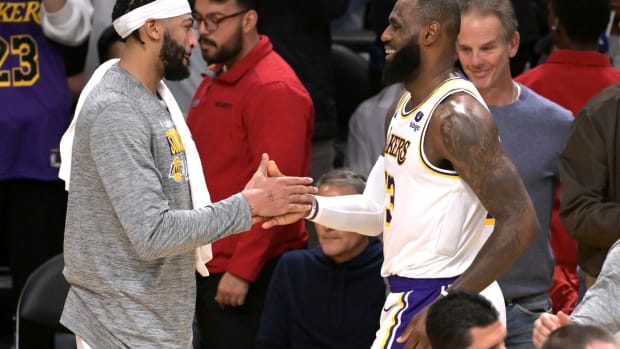Adam Silver: NBA Passes Stricter Tampering, Compliance Rules Package
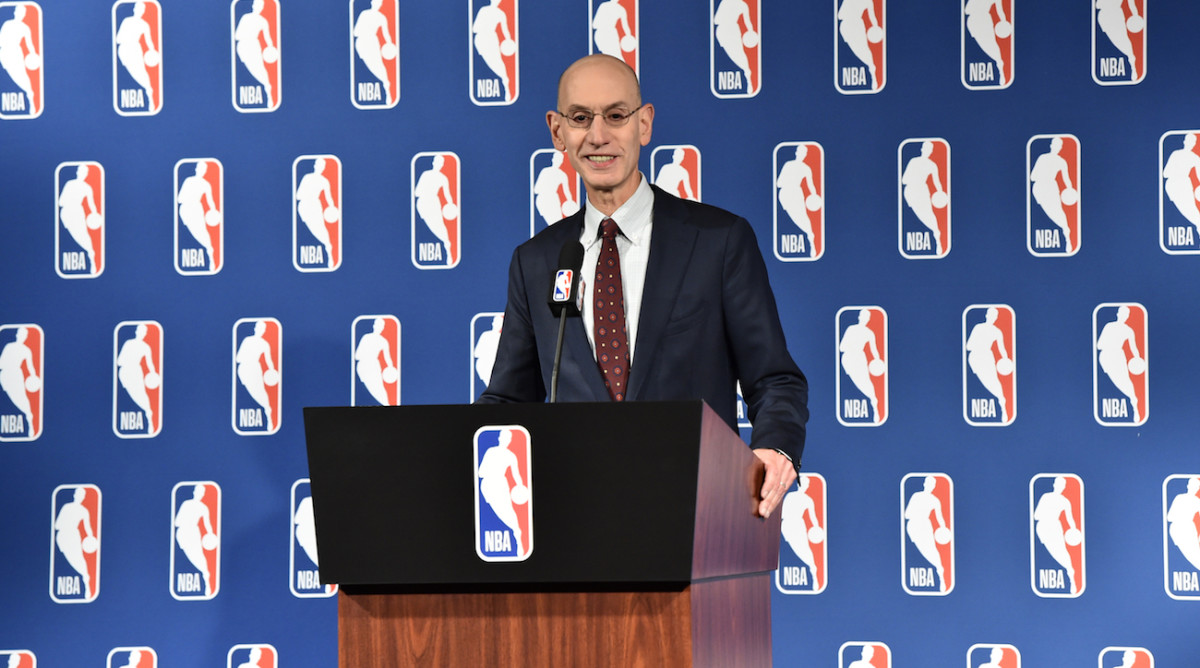
The NBA Board of Governors unanimously passed a stricter package of provisions to enforce compliance with tampering and salary cap circumvention. NBA commissioner Adam Silver addressed the rules changes in a press conference and said there "need to be consequences" when rules are violated.
Silver said the "ultimate goal [of the new rules] is compliance." Silver added that fining teams can often be the least effective avenue to enforce compliance said the league is instead willing to suspend executives, take away draft picks and void contracts for teams that do not comply with the new anti-tampering rules.
Silver also confirmed that he does now have the ability to take people's communication devices if he chooses to do so under the new rules. He clarified multiple times that he "does not want to take people's devices" but didn't say it will not happen.
The rules changes come after the NBA sent a memo to teams earlier this month about improving compliance in an effort to crack down on tampering. The league had reportedly proposed that a lead team ops member annually certify that the organization did not engage in impermissible free agency talks. The NBA also proposed significantly raising maximum fine amounts for violations regarding tampering and cap circumvention in hopes of preventing both. The maximum fine for tampering with a player or team personnel would bump from $5 million to $10 million, per the proposal, and fines for unauthorized agreements could extend as high as $6 million for a team or $250,000 for an individual player.
The NBA also proposed increased enforcement of existing rules prohibiting player-to-player tampering as well as a requirement that each team governor certify that no unauthorized benefits were offered/provided and NBA owners would have to personally certify that every contract complies with all rules and teams would be required to report, within 24 hours, of a player/agent soliciting unauthorized benefits or contact regarding contract matters. Investigatory audits of five teams annually, at random, were also on the table.
According to ESPN's Adrian Wojnarowski, it is not clear how much of the complete proposal was approved Friday in the Board of Governor's meeting. There had been apprehension on approving the random team audits.
Tampering became a hot topic again this summer after several deals—including Kevin Durant’s four-year deal with Brooklyn—hit the media within minutes of teams legally being allowed to negotiate them, while most of free agency was finished within 24 hours. By league rules, players and teams were not allowed to negotiate until 6 pm ET on June 30th yet many deals were done shortly after the period opened. Take Kemba Walker, for example. A deal for Walker to go to Boston was already reported before he could formally negotiate with the Celtics.
The league sent an anti-tampering memo to teams during the season as well after upset arose surrounding LeBron James and the Lakers' perceived violations when he told ESPN that it would be "incredible" to play with the Pelicans' Anthony Davis. Davis eventually was traded to Los Angeles after the season ended.































